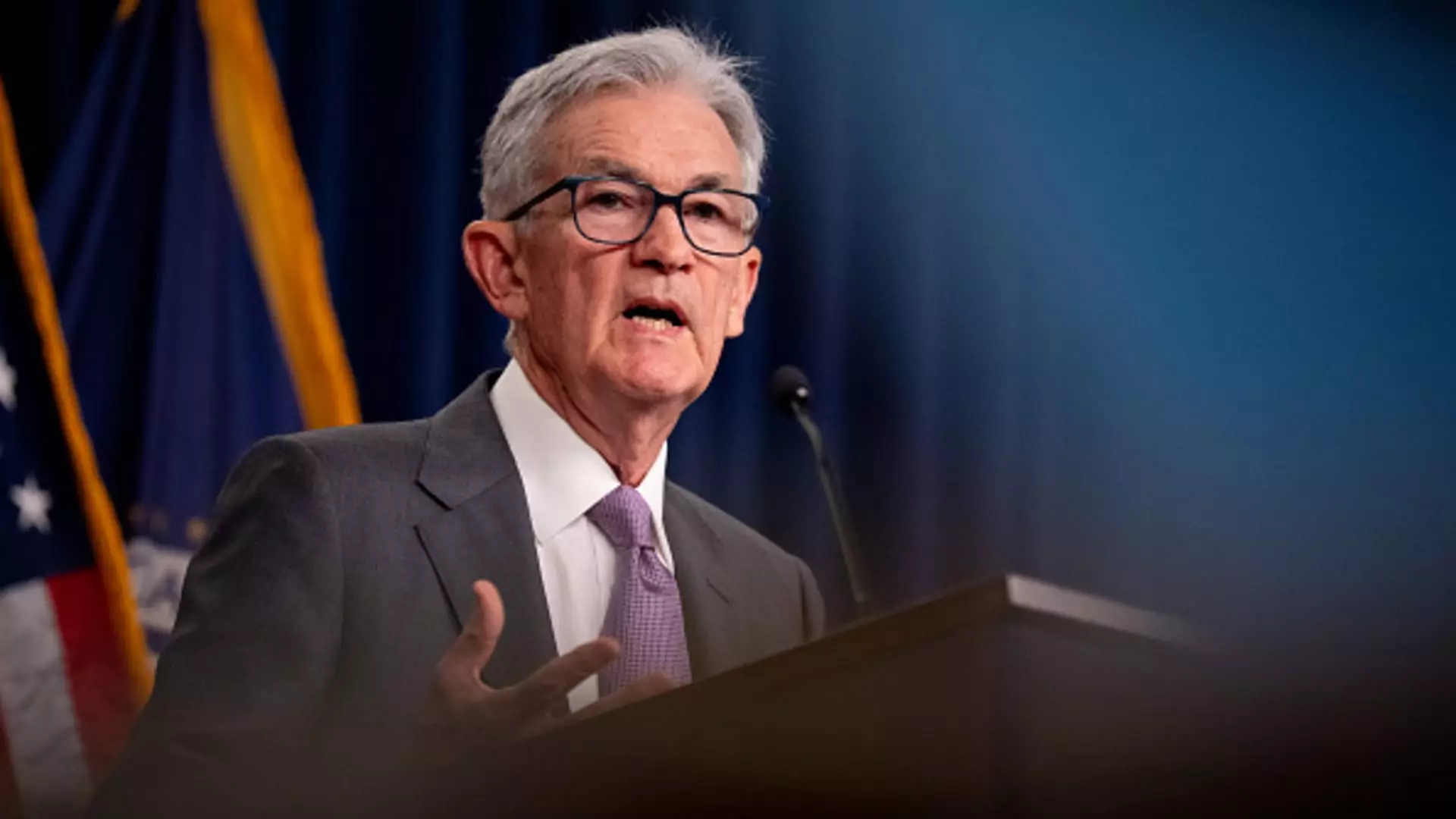Federal Reserve Chair Jerome Powell has hinted at potential interest rate cuts in the near future, marking a significant shift in monetary policy. This move could have wide-reaching implications for various aspects of the economy, prompting investors to consider their next steps.
For those who are already well diversified, experts suggest that minimal changes may be necessary in response to the potential rate cuts. Long-term investors, especially those with assets in target-date funds, may not need to take any action at all. These funds are managed by professionals who adjust the portfolio as needed, alleviating the need for individual investors to make significant changes.
Considerations for Hands-On Investors
While passive investors may not need to make immediate changes, more active investors may want to reassess their cash, fixed income holdings, and stock selections. Adjustments to these areas of the portfolio could better position investors to navigate the changing interest rate landscape.
Interpreting Powell’s Remarks
During Powell’s address, he indicated that adjustments to interest rates are imminent due to changing economic conditions. The potential rate cuts aim to support economic growth by lowering borrowing costs for businesses, potentially stimulating expansion and investment.
Navigating Lower Interest Rates
Lower interest rates generally translate to lower returns on low-risk investments, such as cash and shorter-term bonds. Investors are advised to secure higher rates now and consider longer-duration bonds for excess cash to mitigate the impact of declining rates. Understanding the interest-rate risk associated with holding cash is crucial for long-term financial planning.
Strategic Investment Approaches
As interest rates decrease, investors may need to adjust their bond durations to maintain yield levels. Short-duration bonds offer lower returns but carry less risk, while longer durations may be necessary to offset potential rate decreases. Allocating future contributions to sectors that traditionally perform well in a low-interest-rate environment, such as utilities and real estate, can bolster portfolio performance.
While the prospect of rate cuts may initially seem favorable for investors, the dynamic nature of the market means that wholesale portfolio changes are not recommended at this time. Adapting to changing economic conditions and interest rate shifts requires a thoughtful and strategic approach to investment management. By staying informed and understanding the implications of Federal Reserve policy decisions, investors can position themselves for long-term financial success.

